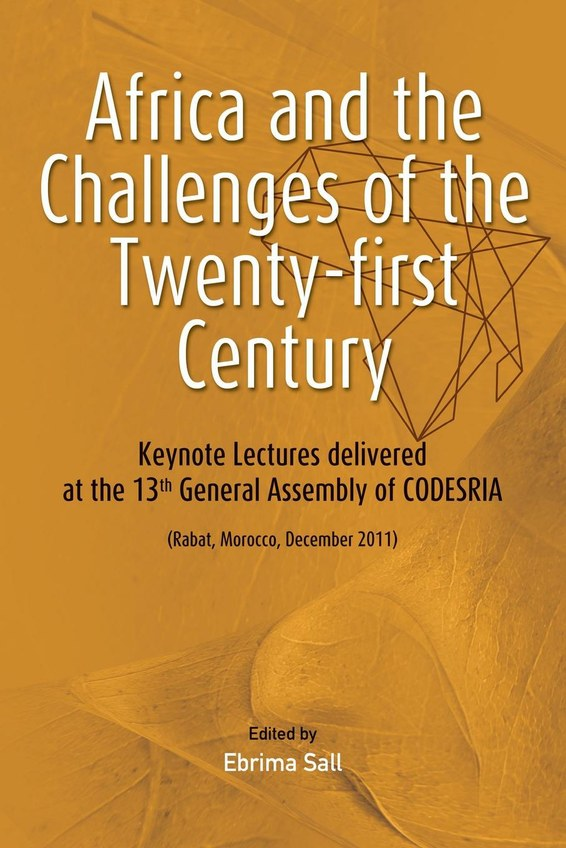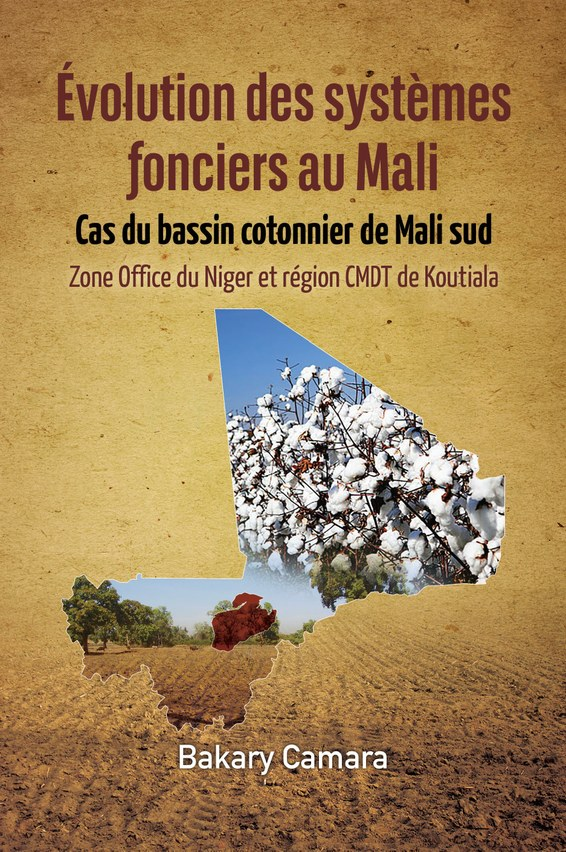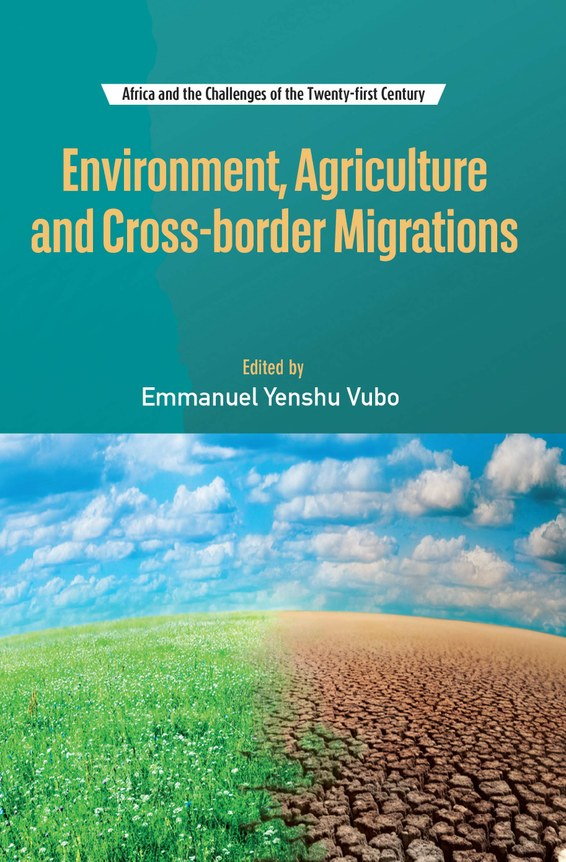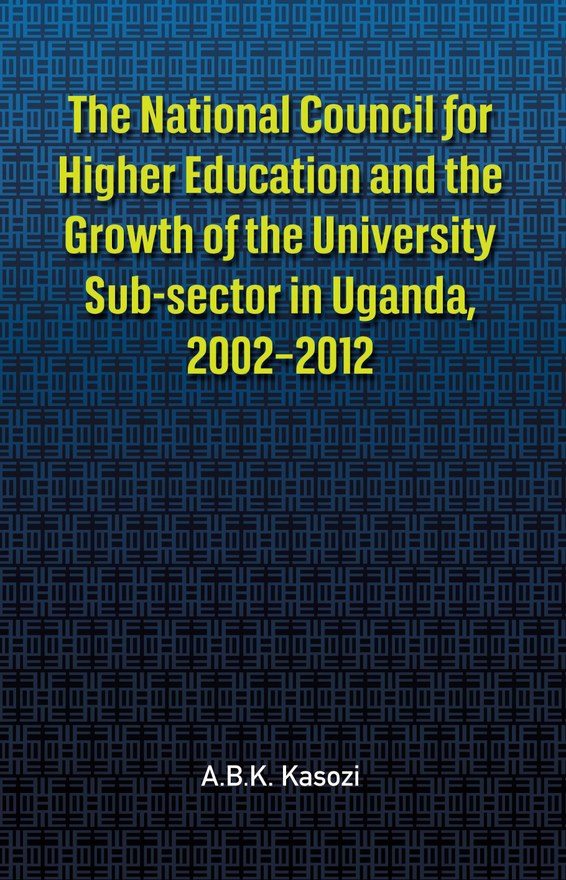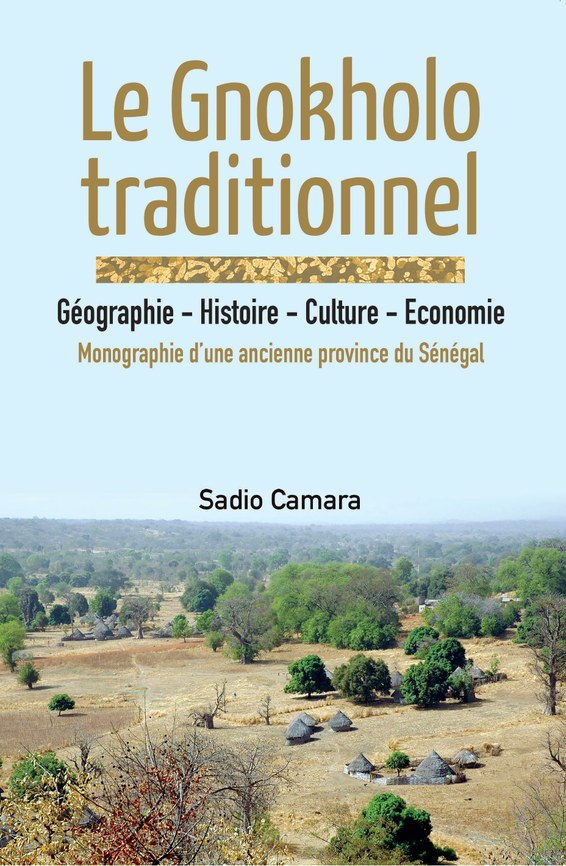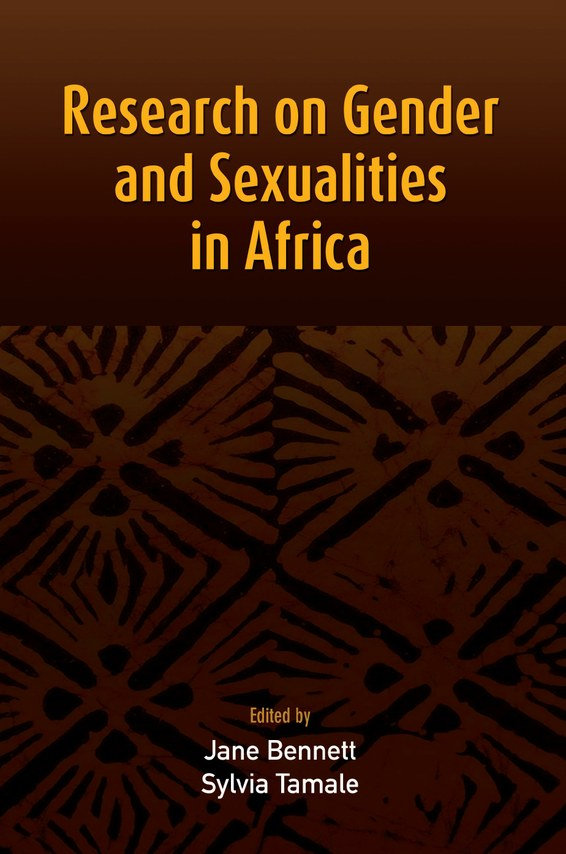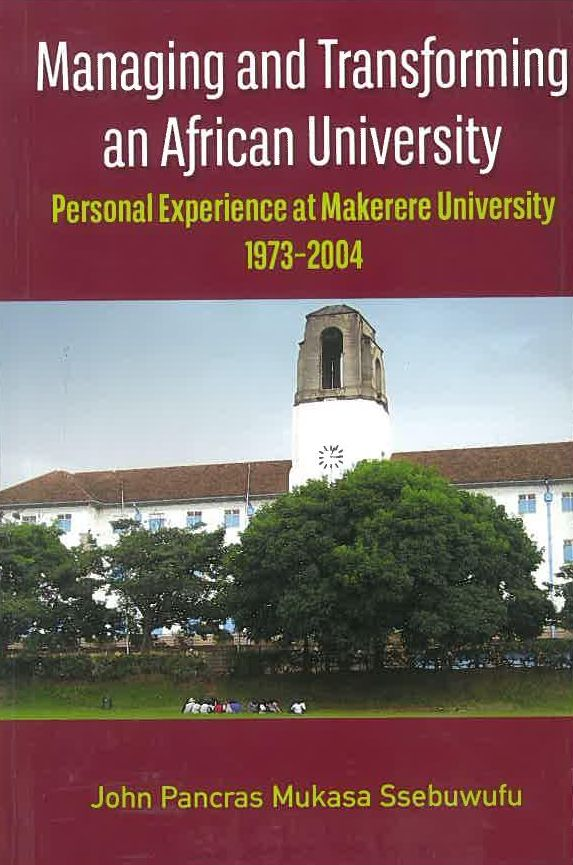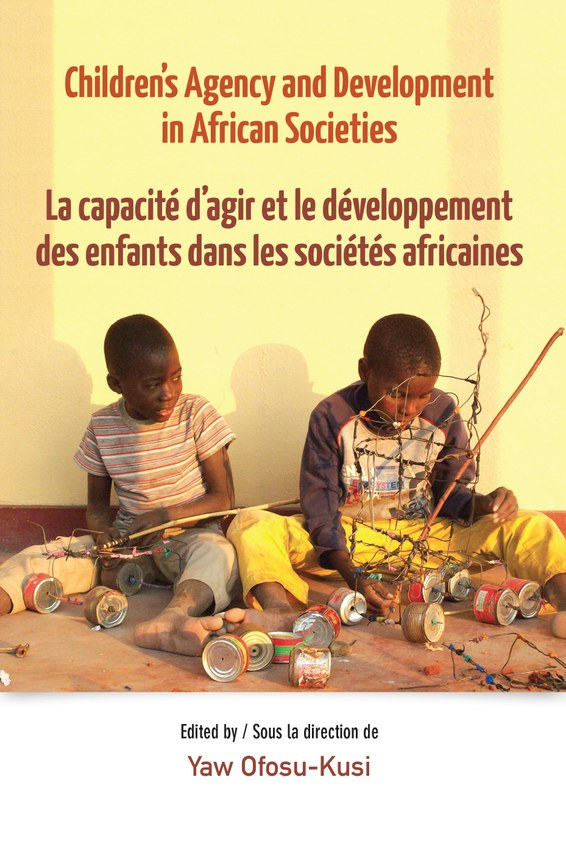The book, made up of three parts, covers a wide spectrum of political economy issues on post-apartheid South Africa. Although the text is mainly descriptive, to explain various areas of the political economy of post-apartheid South Africa, the first and the last parts provide illuminating insights on the kind of society that is emerging during the twenty-one years of democracy in the country.
The book discusses important aspects of the political history of apartheid South Africa and the evolution of post-apartheid society, including an important recap of the history of southern Africa before colonialism. The text is a comprehensive description of numerous political economy phenomena since South Africa gained its political independence and covers some important themes that have not been discussed in detail in other publications on post-apartheid South Africa. The book also updates earlier work of the author on policy and law making, land and agriculture, education and training as well as on poverty and inequality in post-apartheid South Africa thereby providing a wide-ranging overview of the socio-economic development approaches followed by the successive post-apartheid administrations. Interestingly, three chapters focus on various aspects of the post-apartheid South African economy: economic policies, economic empowerment and industrial development. Through the lens of the notion of democratic developmental state and taking apartheid colonialism as a point of departure, the book suggests that, so far, post-apartheid South Africa has mixed socio-economic progress. The author’s extensive experience in the South African government ensures that the book has policy relevance while it is also theoretically sound.
The text is useful for anyone who wants to understand the totality of the policies and legislation as well as the political economy interventions pursued since 1994 by the South African Government.
Vusi Gumede is a Professor and a Dean for the Faculty of Economics, Development and Business Sciences at the University of Mpumalanga. He has worked for different South African universities and government departments as well as a consultant for various organisations in South Africa and outside South Africa. He has held various research fellowships in different countries and is a member of numerous Editorial Committees and other institutions/committees/councils/Boards. He is widely published, including fourteen books. He has supervised to completion over twenty Masters & Doctoral students since joining the academic sector in 2010.
ISBN : 978 2 86978 704 9
CODESRIA 2015



